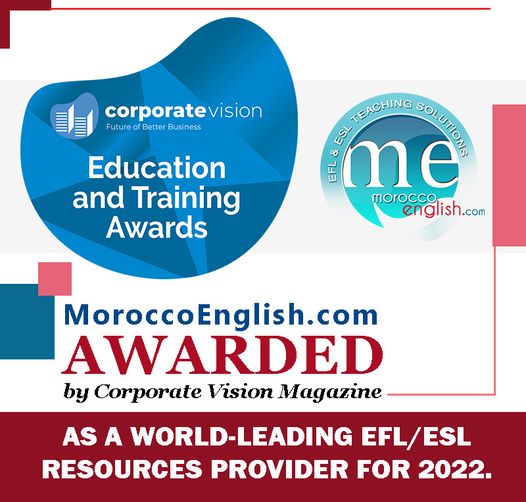– By : Amina BENBOUCHTA
Outlines:
- Definition of flipped learning.
- The birth of flipped learning.
- How flipped learning works.
- Flip tips.
- Comparison between the traditional and the flipped classroom.
- The four pillars of flipped learning.
- Pros of flipped learning.
- The cons of flipped learning.
- What age groups does the flipped learning suit?
- Flipped learning around the world.
Definition of flipped learning:
Flipped learning: backward classroom: inverted classroom: reverse teaching …
- The term is widely used to describe almost any class structure that provides pre-recorded lectures followed by in-class activities.
- Flipped learning occurs when direct instructions move from the group teaching space to the individual learning environment.
HOW?
- Students learn content on line by watching video lectures, usually at home, and class time is used for active problem solving or further discussion by students one to one or in small groups with the teacher.
The birth of the flipped learning:
In 2007 – in science woodland park high school (Colorado USA)- Jonathan Bergman and Aarson Sams discovered to record a PowerPoint presentation. They recorded the presentation and posted it on line for students who had missed their lectures. They further spread this method to the other teachers when their on line lectures became famous, and thus the birth of the flipped classroom started by them. So, that concerned just science, and later in 2003 Ellin Dell , a French teacher at king fillip regional high school USA, presented offering students a choice in a flipped classroom.
How flipped learning works.
- The video lecture is always seen as the key ingredient in the flipped approach.
- The value of a flipped classroom is in the repurposing of class time into a workshop where students can inquire about lecture content, test their skills in applying knowledge, and interact with one another.
- Students gain necessary knowledge before class.
- On line quizzes or activities can be done to test what students have learnt.
- Instructions might lead to in-class discussions or turn the classroom into a studio where student create, collaborate, and put into practice what they learnt from lectures they view outside the class.
Flip tips:
- After creating your video check whether you have got the good sound and picture quality.
- Do not make videos that are long as students may get bored.
- You may add some fun elements to the video to keep students engaged.
- Videos must be no more than 5min each.
Comparison between the traditional and the flipped classroom.
Traditional classroom:
- A teacher sage on the stage.
- A teacher is a lecturer.
- Students are passive and most of the time consumers.
Flipped classroom:
- Teacher is a guide on the side.
- Teacher is a supporter; he works with students throughout the session.
- Students are active to create their own knowledge.
The four pillars of flipped learning:
F: flexible environment: educators must create a flexible atmosphere where students learn and interact with one another.
L: learning culture: students are given the opportunity to learn from one another and from the teacher.
I: intentional content: teachers determine what they need to teach and what materials students should explore on their own.
P: professional educator: the role of a professional educator is even more important, and often more demanding in a flipped classroom than in a traditional one. During class time they continually observe their students, providing them with feedback, assessing their work. Professional educators are reflective in their practice, connect with each other, accept constructive criticism, and tolerate controlled chaos in the classroom.
Pros of flipped learning.
In a traditional lecture students often try to capture what is said at the instant the speaker says it. They cannot stop to reflect upon what is being said, by contrast the use of videos or other pre-recorded media put lectures under the control of students; they can watch, rewind, and fast forward if needed. Also, lectures that can be viewed more than once may be also help those for whom “a certain language” is not their mother tongue. What’s more, activities are students led and communication among students can become the dynamic of the session. Another point, flipping allows teachers to target those who need the most help rather than the most confident. Also, more and more students nowadays have smart phones; they can do their courses on their cell phones.
The cons of flipped learning.
An effective flip requires a careful preparation outside and inside the classroom. Class elements must be carefully integrated for students to understand the lesson and be motivated to prepare for the lesson.
- A flip can mean additional work and may require new skills for the instructor.
- Students may not appreciate the value of the on-line lectures ; especially if they feel that the assigned video lecture is available for everyone on line
- Students cannot all have a regular access to the internet.
What age groups does the flipped learning suit?
This approach is preferable for high class or college students as they can learn on their own and they are used to handling the internet. Also, you cannot apply the method of the flipped learning to any student with a learning disability as they do not have the aptitude to learn on their own.
Flipped learning around the world.
58 Countries have embraced the flipped learning approach so far ( Statistics on October 23rd, 2014 ) .



































